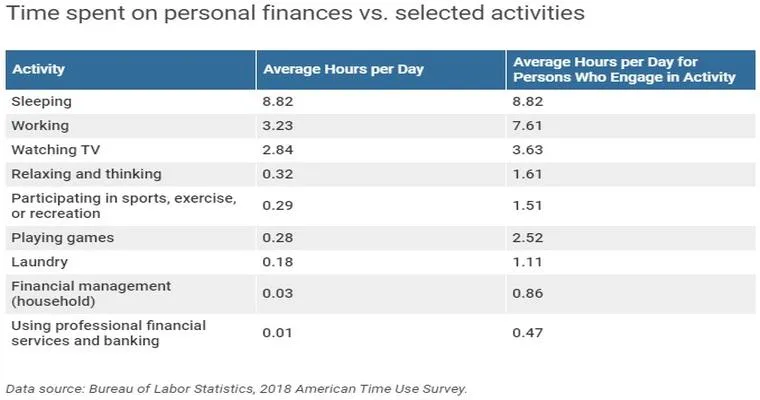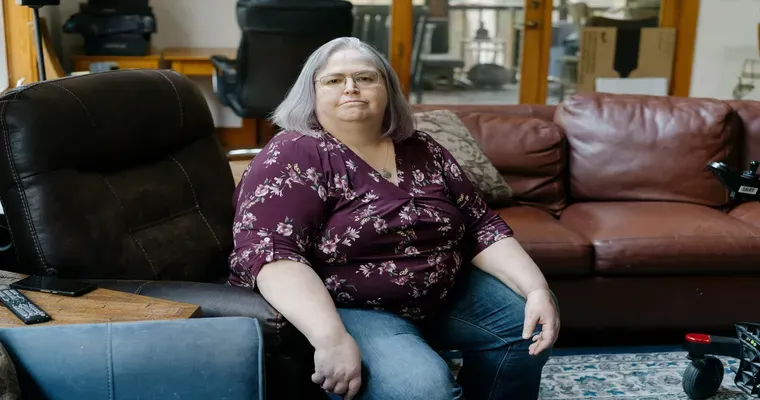Navigating the complex world of "legal competency" can be daunting, especially when it comes to creating essential documents such as a "will", "trust", or "power of attorney (POA)". Many individuals often wonder if there is a point at which it becomes too late to establish these crucial legal instruments. Understanding the implications of legal competency and timing is vital for ensuring that your wishes are respected in the event of incapacity or death.
Understanding Legal Competency
"Legal competency" refers to an individual's ability to make sound decisions regarding their personal affairs. This includes understanding the nature of the decisions being made, the implications of those decisions, and the ability to communicate those decisions effectively. In the context of creating a will, trust, or POA, legal competency is a critical factor that determines whether an individual can execute these documents.
When Is It Too Late?
The answer to the question of when it is too late to create a will, trust, or POA hinges on the concept of legal competency. If a person becomes incapacitated due to illness, injury, or cognitive decline, they may lose the legal capacity to make decisions. This is often the point at which creating these documents becomes impossible.
1. "Cognitive Decline": Individuals suffering from conditions such as dementia or Alzheimer's may find it increasingly challenging to understand the ramifications of their decisions. Once a medical professional determines that a person is no longer competent, they typically cannot create or modify a will, trust, or POA.
2. "Severe Illness or Injury": In cases of severe illness or injury where a person is unable to communicate their wishes or understand the implications of their decisions, it may be considered too late to effectively create these documents.
3. "Legal Challenges": If there is a dispute regarding a person’s competency at the time they attempt to create a will or trust, it may lead to legal challenges. Courts often require substantial evidence of competency, which can complicate the creation of these documents if doubts arise.
Preparing in Advance
To avoid the complications that arise from diminished competency, it is advisable to prepare a will, trust, or POA as early as possible. Here are some steps to consider:
"Consult Legal Experts": Engaging with an attorney who specializes in estate planning can provide clarity on the necessary steps and ensure that your documents are legally sound.
"Regular Reviews": It is essential to review your legal documents regularly, especially after significant life changes such as marriage, divorce, or the birth of a child.
"Establishing a Support System": Discussing your wishes with trusted family members or friends can help ensure that your preferences are understood and respected.
Conclusion
In conclusion, understanding "legal competency" is crucial when considering the creation of a will, trust, or power of attorney. While there is no specific age or deadline, it is wise to act sooner rather than later to ensure your wishes are documented and legally binding. By taking proactive steps and consulting with legal professionals, you can safeguard your legacy and ensure that your desires are honored, even if the unexpected happens.





